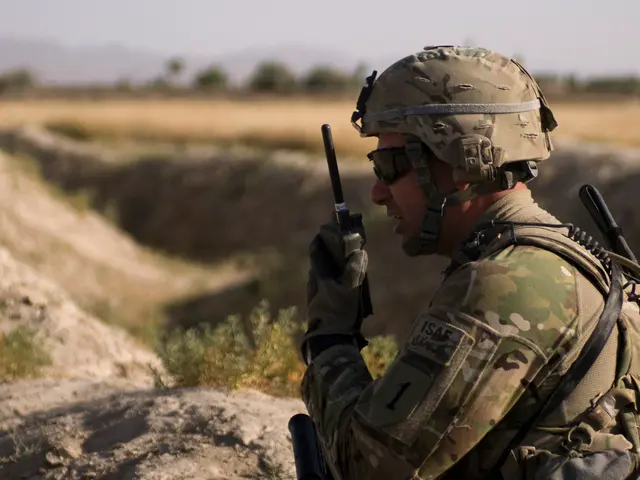Early Intervention is Key in Schools to Prevent Bullying - Nip it in the Bud Before It Spreads
In the educational landscape, the issue of bullying remains a significant concern. A study by Brock University's Professor of Child and Youth Studies, Tony Volk, and his team at the Brock Research on Aggression and Victimization Experiences (BRAVE) group, sheds light on this pressing matter.
Professor Volk's research reveals that bullying tends to manifest within the first few weeks of school. This early intervention is crucial, as fostering a pro-social peer structure through teaching children skills like kindness and cooperation can help mitigate the problem.
For victims of bullying, it's essential to remember that they should not blame themselves or view being targeted as a reflection of a personal flaw. Instead, seeking support from a trusted teacher, parent, or classmate is recommended. Finding a child to connect with can provide a circle of support, offering a sense of safety and solidarity.
Removing oneself from spaces where a bully may be encountered can help diffuse the situation, according to Professor Volk. However, confronting a bully is not the best approach, as it can make the situation worse.
Interestingly, some school boards seem to be bucking the trend of an increase in bullying behavior. However, an uptick in violence in Ontario schools has been observed, as reported in recent articles.
For parents who suspect their child may be bullying others, it's important to appeal to their desires for power and popularity while showing that kindness is more effective than coercion. Early and frequent conversations around bullying are encouraged among parents, teachers, and students.
September is a particularly important time for educators to make statements and enact policies to prevent bullying. Taking courses at different times throughout the year can help students avoid run-ins with their bully.
Great leaders of the 20th century were powerful and strong but also able to make alliances and work with others. This collaborative approach can be applied in schools, fostering an environment where bullying is not tolerated and kindness is valued.
Signs that a child may be struggling with bullying include a change or continuation of not wanting to go to school or not feeling well. If these signs are observed, it's crucial to address the issue promptly and offer support.
Bullying is often impersonal, with the target not mattering to the bully. This indifference underscores the need for a collective effort to combat bullying, teaching kindness to youth in schools to help foster kindness in the next generation.
Read also:
- Dual-function mattress offers both cooling and coziness at an affordable price.
- Ontario falls short by a small margin in delivering the goal of four hours daily care for long-term care residents.
- "Thrilled response" from animal rights organization following cessation of canine testing at London, Ontario healthcare facility
- Altruistic zeal and a drive to instigate beneficial transformation







